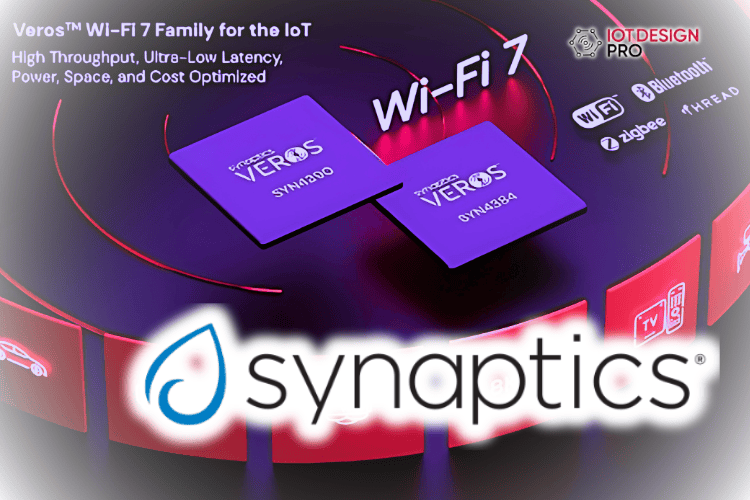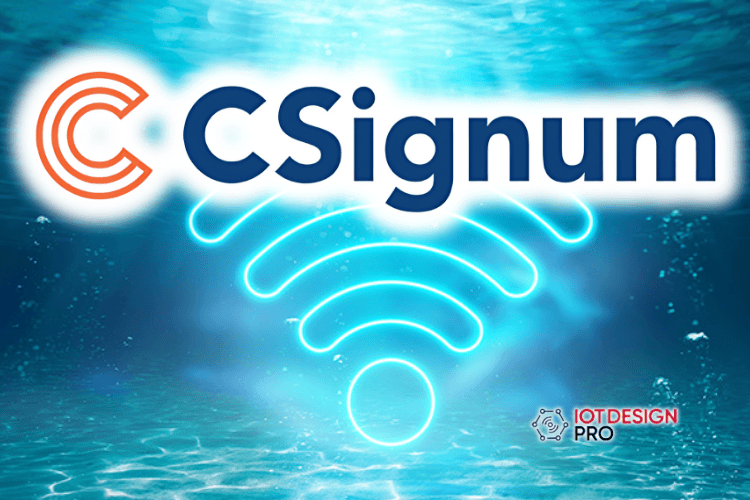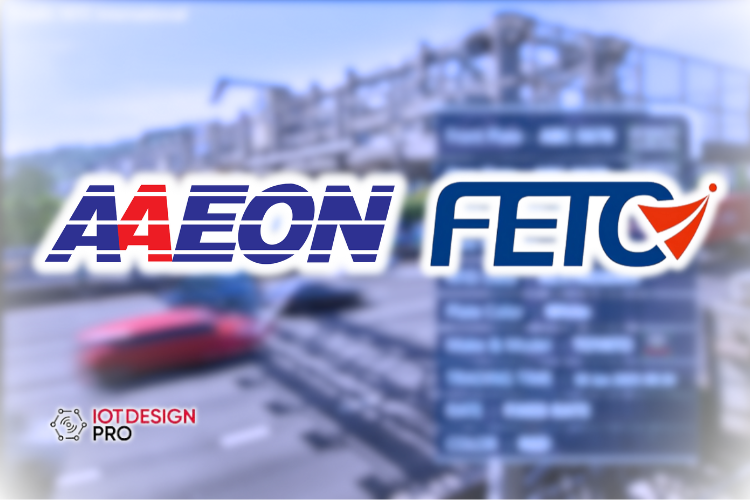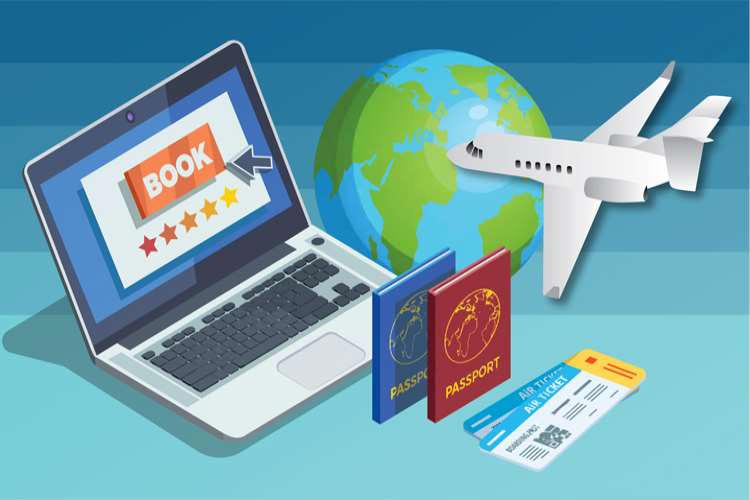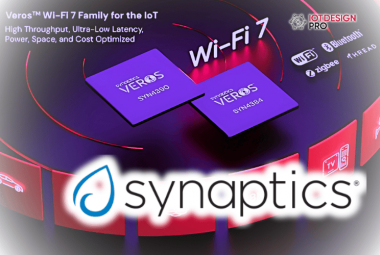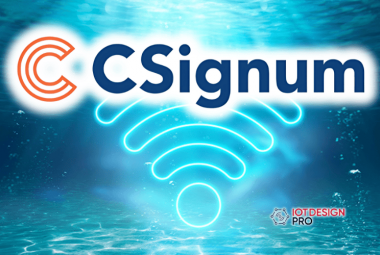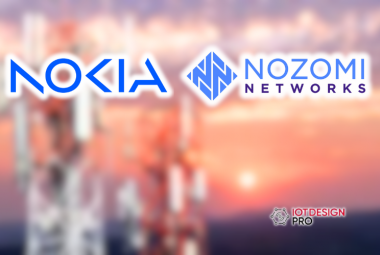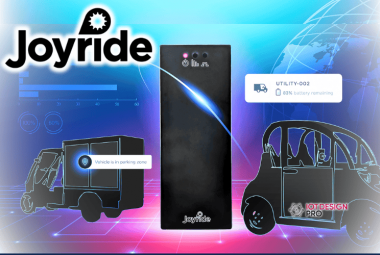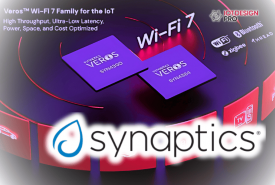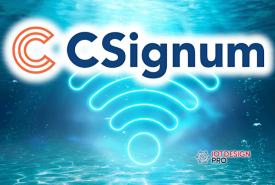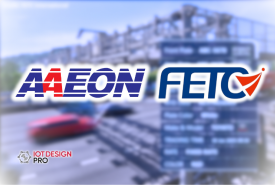IoT market is expected to grow tremendously from $662.21 billion to $3,352.97 billion between 2023 and 2030.
Currently, the Internet of Things (IoT) is considered to be one of the most important technologies. Numerous industrial sectors are trying hard to deploy this technology, mostly manufacturing. Therefore, global experts have analyzed that this technology market is expected to grow tremendously from $662.21 billion to $3,352.97 billion between 2023 and 2030. IoT is now also transforming the tourism and the travel industry in various ways and travel firms are enhancing their digital infrastructure with the assistance of this technology. The companies use this technology to upgrade their booking, personalized service, and customer experience.
The technology helps travel planning efficient because travelers need to plan everything from bookings to travel accommodations. The process is streamlined by the travel firms either by offering bookings on their website or virtual tours of their services. With the help of wearable technology, connected software, and sensors, IoT collates traveler’s data and creates more personalized experiences. Foodies and adventure lovers get all sorts of package suggestions as per their budget and requirement. For instance, Hilton Hotel’s app utilizes IoT to recommend activities and services so that people can personalize their stay.
While traveling, navigation challenges are huge. There are apps that provide outdoor directions, but the situation is completely different for indoor places like railway stations and airports. Challenges escalate when these places are fully crowded. IoT helps travelers by offering exact locations even inside the buildings so that travel companies can assure that their guests do not miss any trains and flights. In fact, beacons installed in the airports send accurate information to the people based on their current location. With the help of this, they can effortlessly find boarding gates, information desks and other.
On the other hand, the major hospitality businesses such as entertainment places, hotels, and amusement parks are high in demand. With the help of IoT’s predictive maintenance potential, and built-in sensors, the industry can monitor which product requires repairs and instantly requests the person in-charge to replace before the guests view it. For example, the sensors have the ability to detect which hotel room has high water usage levels so plumbers can check for leakage in advance.
Usually rough weather, delayed or canceled flight, lost baggage, and other unexpected situations can spoil a traveler’s mood. IoT is a solution to these problems by sending travelers accurate information from beacons, sensors, and other connected devices. Airports on the other hand, send changes in flight schedules and other updates to the traveler’s smartphones. People can also use IoT enabled devices like tags and put them in their luggage so that it can monitor its real-time locations and whereabouts. Once more and more travel companies start deploying IoT and take benefits from its features, travelers can have more seamless experiences.

